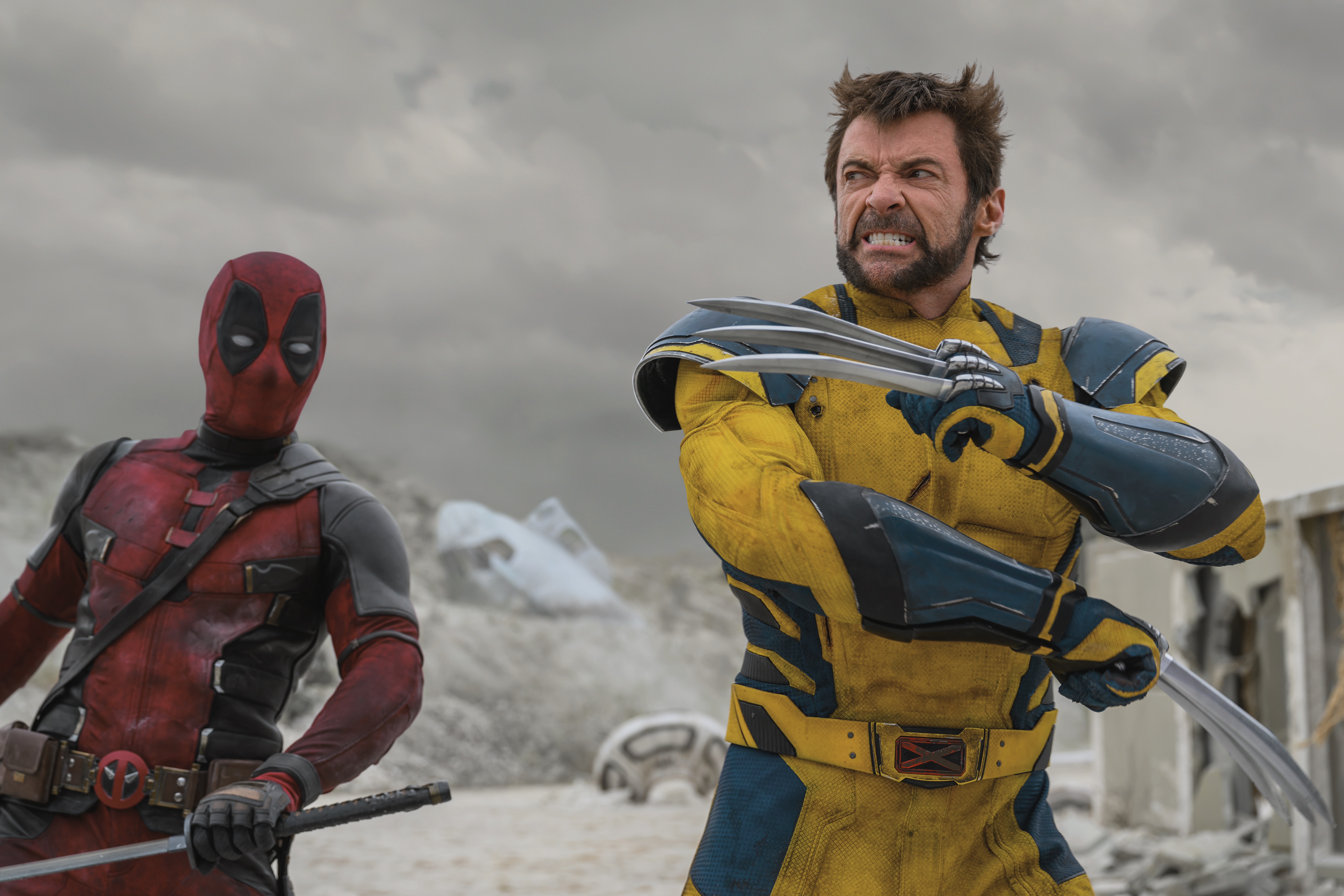When Marvel Comics neared bankruptcy in the late nineties, it sold the movie rights to some of its characters in order to stay afloat. While that would save the company from going under, it would then undergo massive success by establishing a cinematic universe of its own. The problem now for Marvel Studios would be to reunite all the disparate superhero rights back into the fold. In 2019, Disney acquired 21st Century Fox, much to the joy of many fans. Finally, some of Marvel Comics’ most well known heroes (X-Men, Fantastic 4, Daredevil) would be all under one wing. So far, other than the X-Men ’97 animated series, Marvel/Disney hasn’t done anything with their new acquisitions, until now: the third (and final?) installment of the Deadpool series, Deadpool and Wolverine.
When we last saw the Merc With a Mouth (Ryan Reynolds) he was in the process of changing the timeline to give himself a happy ending. Now, in a relatively peaceful world with little superheroing to do, he’s in a rut. Certain dimension-crossing shenanigans lead him into an encounter with a certain feisty X-man…
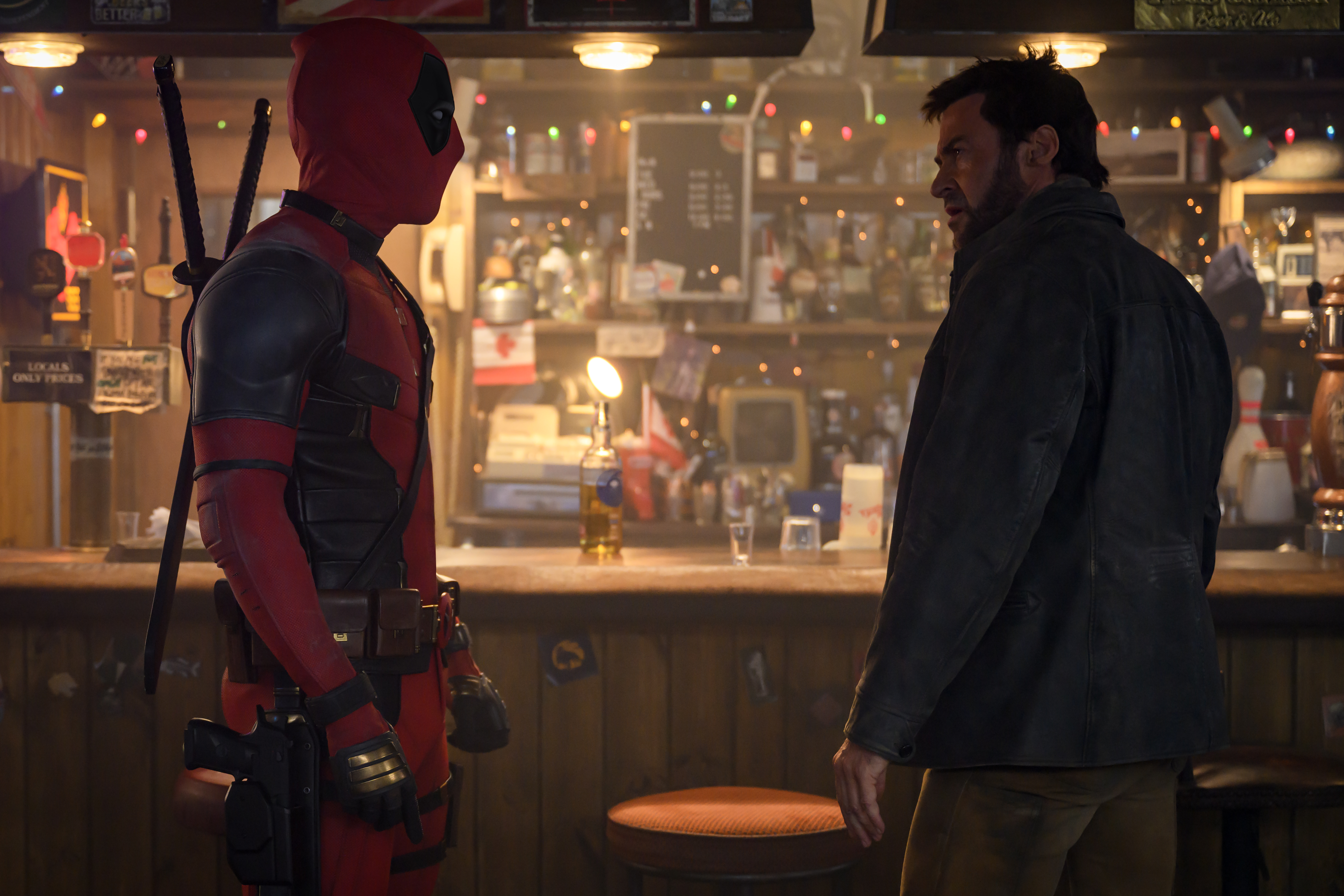
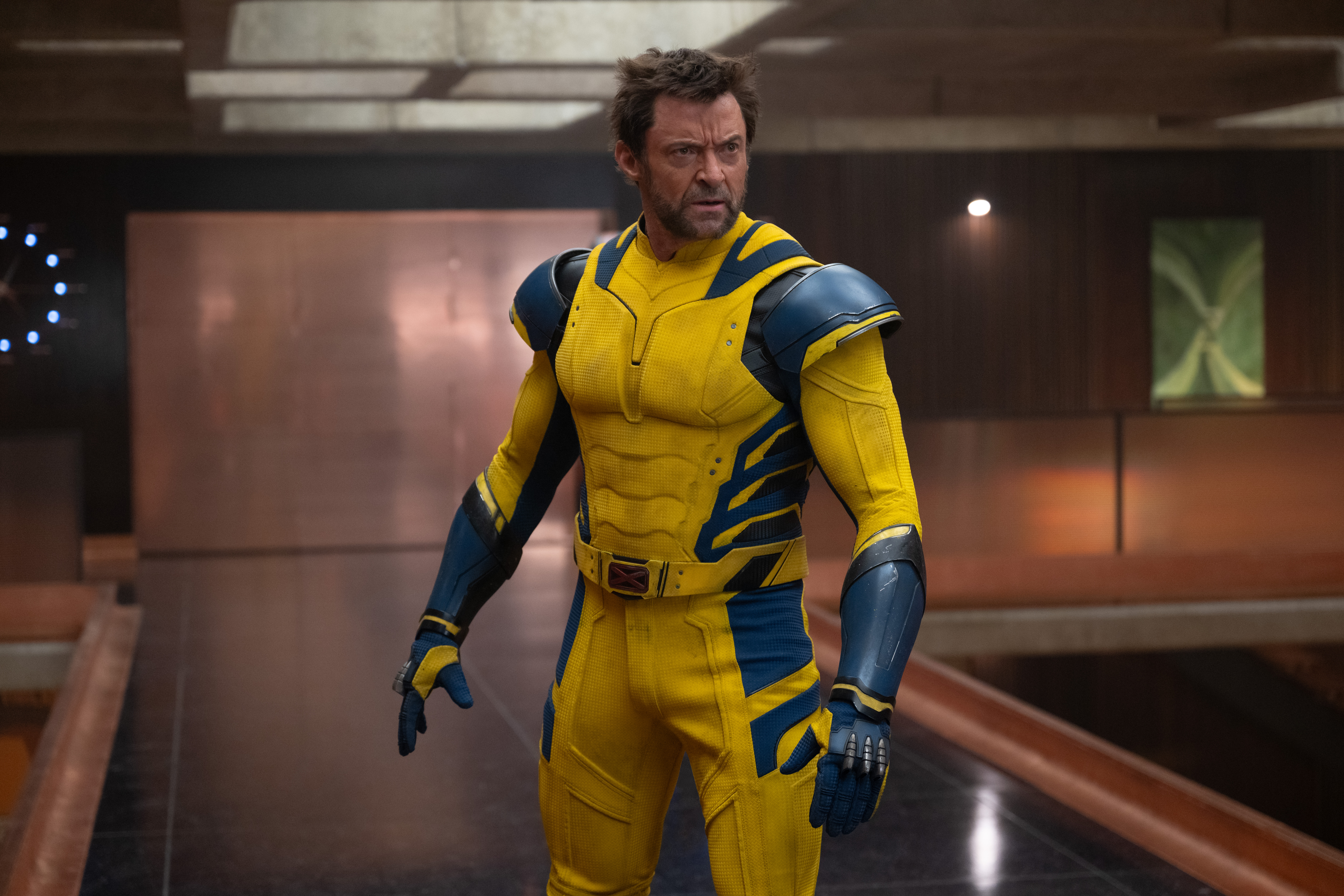
It’s important to know that Deadpool has served as satire for a large chunk of its existence: although it was Fabian Nicieza and Rob Liefeld who created the character, other writers starting from Joe Kelly in 1997 made Deadpool into the zany, self referential, parodic work it is today. Other writers, such as Cullen Bunn, went even further, in his case deconstructing the very idea of Deadpool and “funny” violence in a comic medium. Though the scriptwriters don’t exactly reach the same quality as some of Deadpool’s best comic runs, I think for this film they’ve managed to deliver a story that is at least in some way thoughtful, even emotional. Though Ryan Reynolds has his moments, it’s Hugh Jackman, who has been playing Wolverine for more than two decades, who acts his ass off and does most of the lifting during dramatic scenes.
In Deadpool and Wolverine, the scriptwriters manage to interrogate the lasting power of archetypes and the many failures of franchise filmmaking, all while doing so in the most MCU-ish way possible – in what is essentially a content delivery system for nostalgia. The only difference from other MCU movies would be in the trademark wink-wink nudge-nudge self awareness in which that nostalgia is delivered.
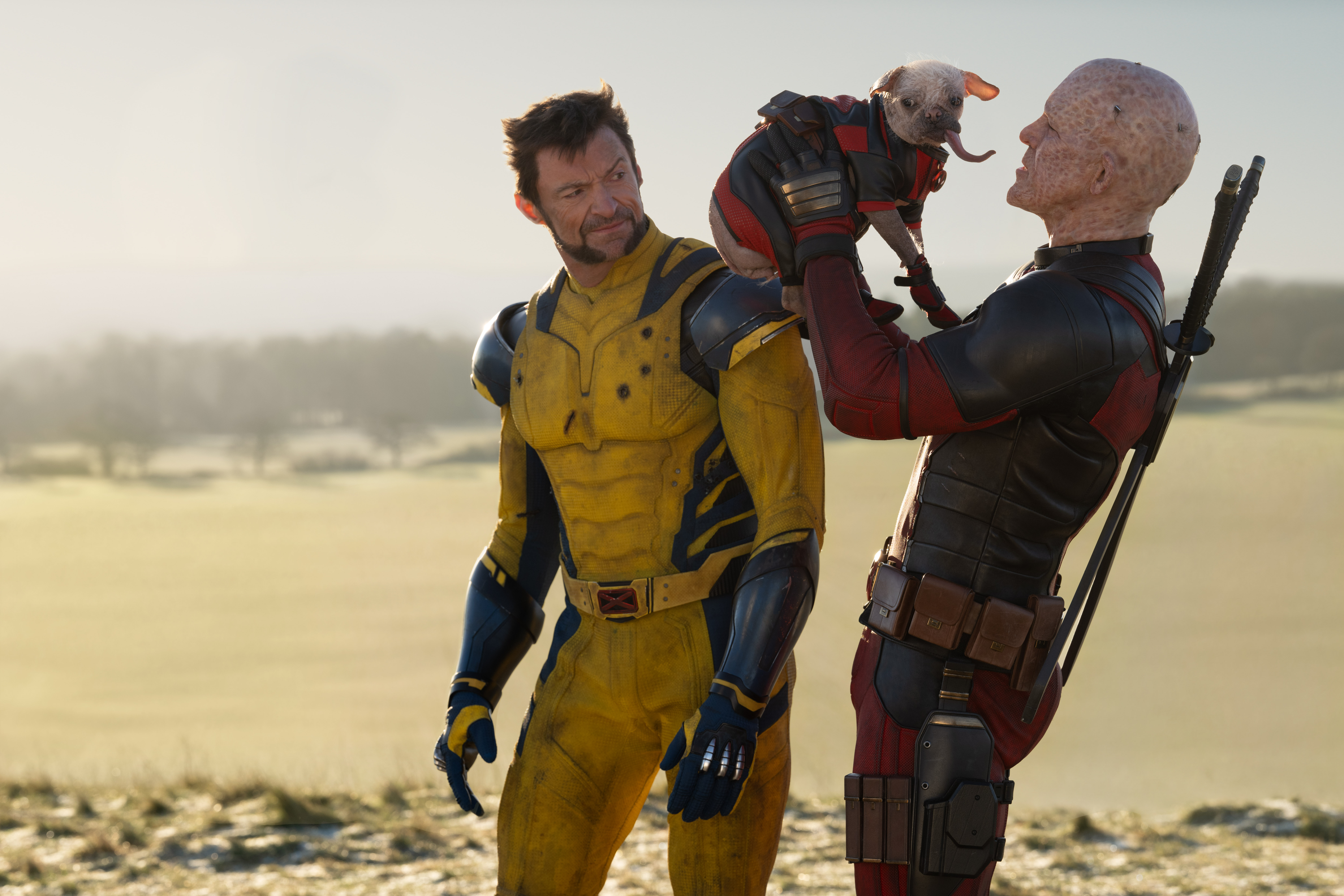
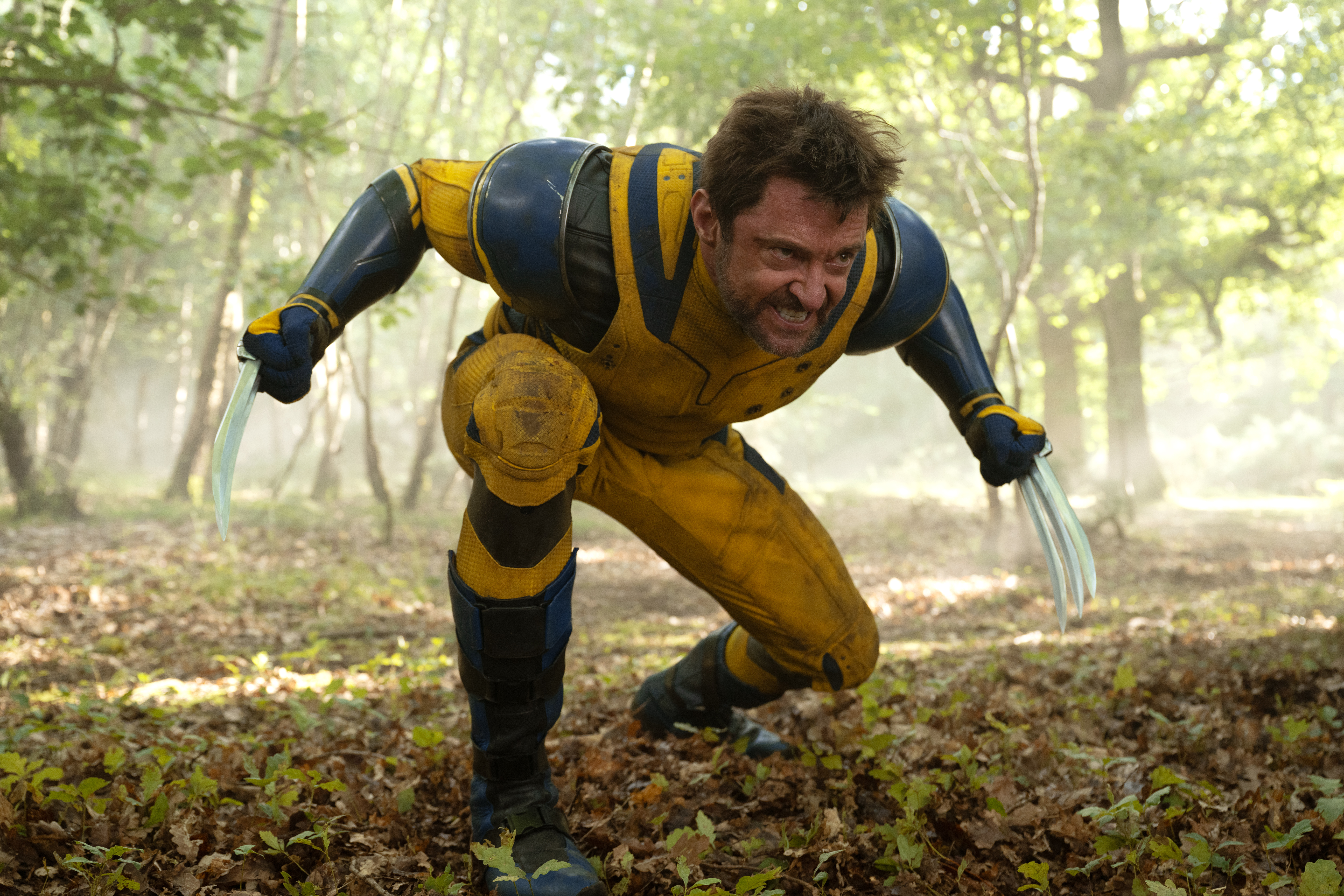
I suppose that self-awareness might rub some critics the wrong way, and I get it – self awareness, if seen as overdone or insincere, would be a bad look – I’ve certainly hated a number of films whose self-awareness grated at me (I’m looking at you, Inside by Bo Burnham). To me, Deadpool’s use of the MCU formula is form as critique, but the question now is if that parody of the MCU’s formula (CGI-enhanced visual flatness, editing, humor) works a little too well – and many have indeed written off the movie because of how it’s presented. But in my case, I’d like to dig a little deeper.
Although these are specific versions of Deadpool and Wolverine, they (and a few other characters too) represent heroic archetypes as a whole, and a specific kind as well: the hero whose story will be left unresolved, doomed to be redone, rehashed and rebooted in one form or another precisely because of things like Disney’s acquisition of Fox. It’s like beating a dead horse – heck, the opening sequence of the film is literally Deadpool using a corpse to beat a number of goons into submission. Even when our heroes are skeletons (or as Deadpool quips, “until [the actor]’s 90,”) characters will always end up being put in story after story, but as the film indirectly points out, does there come a time when enough is enough?
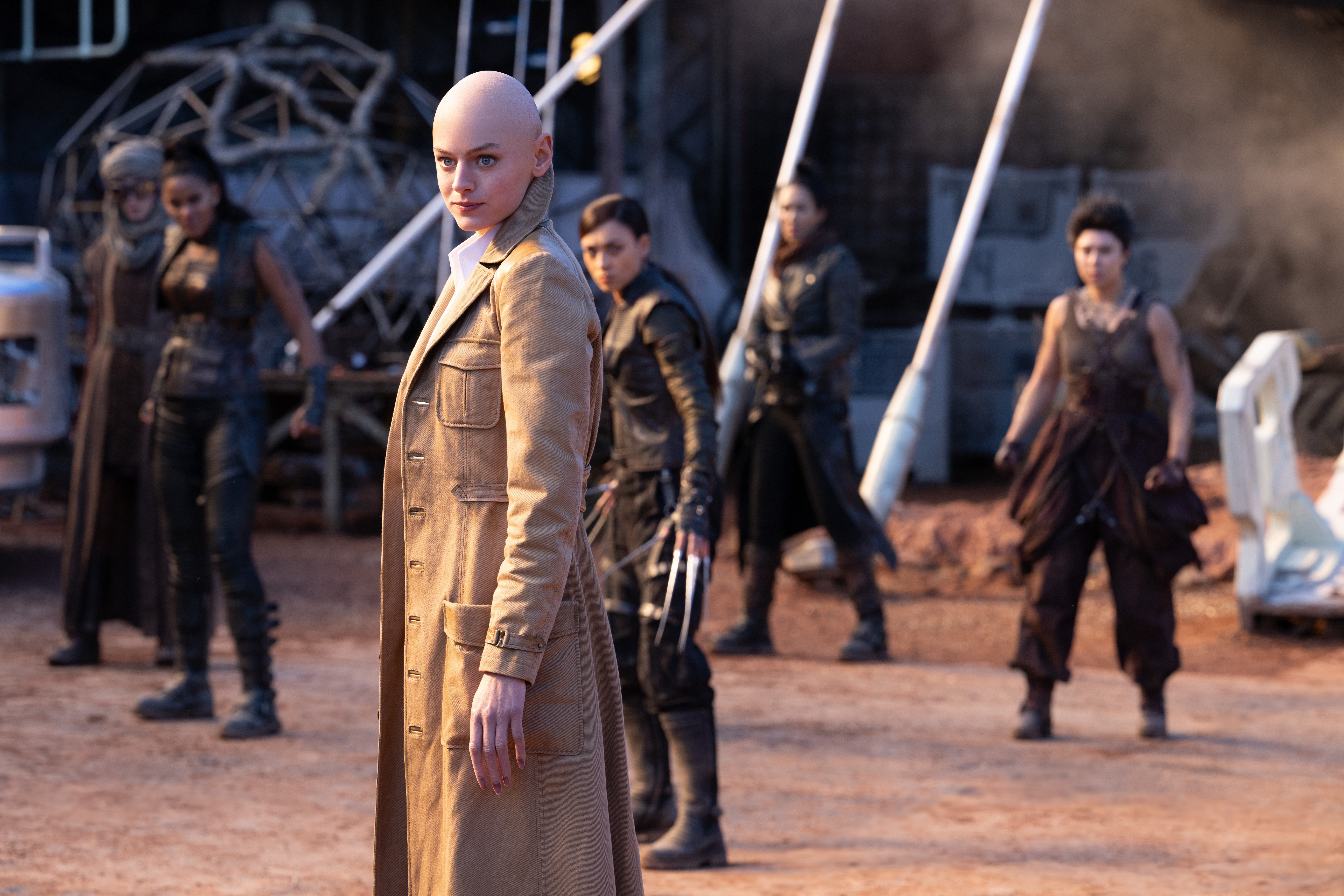
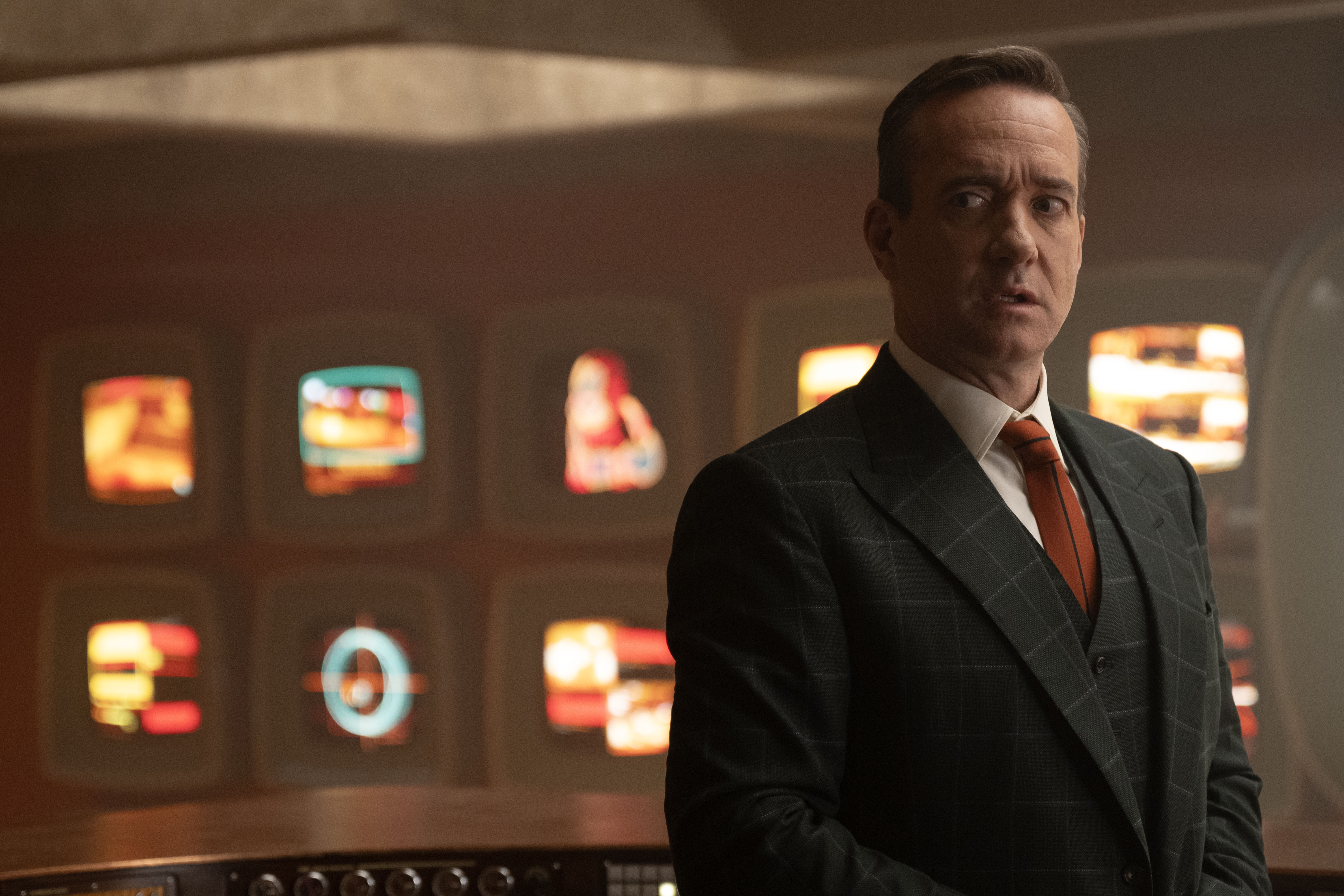
It isn’t even subtle: during the film’s second act, our intrepid heroes find themselves unceremoniously dumped into an interdimensional trash heap, where characters who are either unused, unloved, or whose time has come and gone, are left to die. The ruins of the 20th Century Fox logo are conveniently located nearby. Some of these characters (whose appearances which will no doubt be a treat for audiences) will likely never be seen in the MCU ever again, destined to be recast, or perhaps appear as a CGI-ed cameo in an egregious scene not unlike in 2023’s The Flash. There’s something tragic in seeing a particular version of a character not get an ending – either through a discontinued film series or truncated trilogy, an outright cancelled or unproduced work, studio interference, or mergers and acquisitions like Fox-Disney. To Deadpool and Wolverine’s credit, they pay respects to these characters in their own, wacky way.
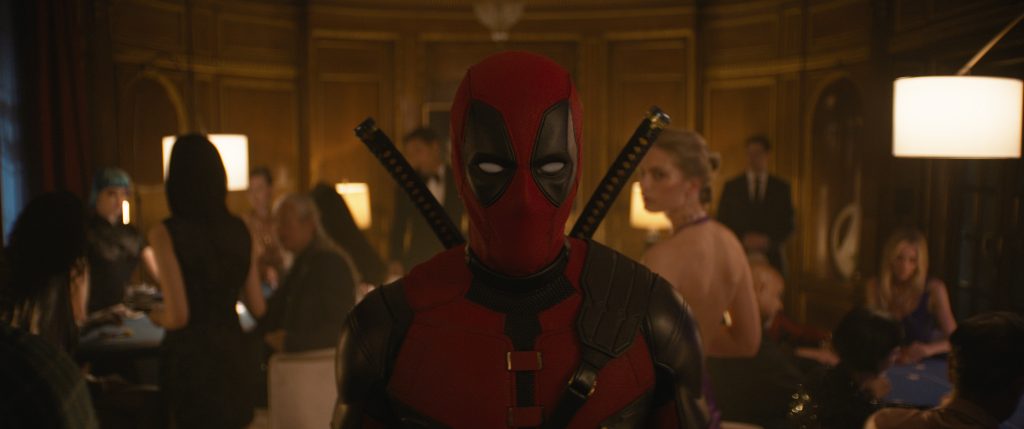
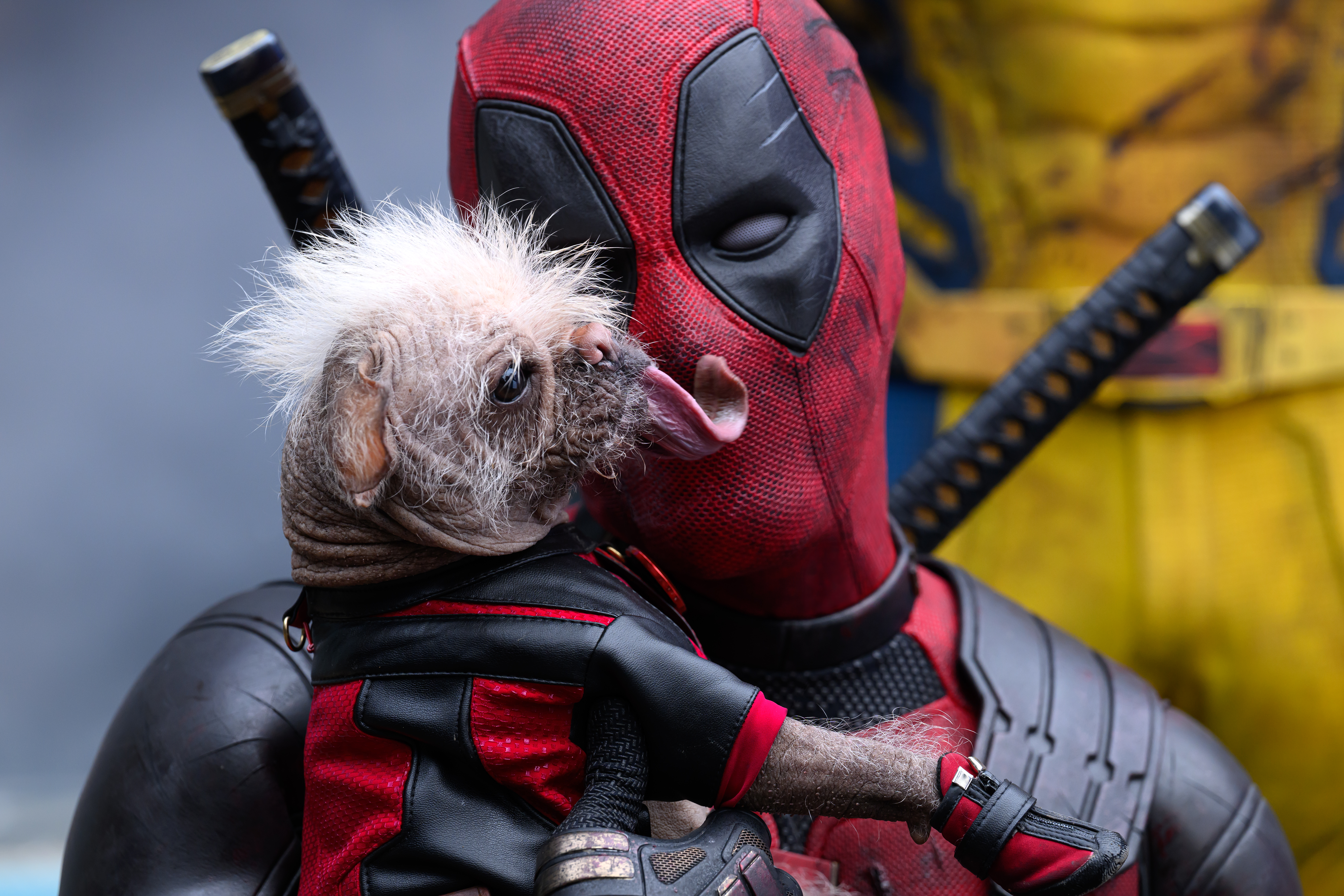
And in what way could that be? The underlying theme of Deadpool and Wolverine is the hero reckoning with their own heroism, in their capacity or ability to help people. In a peaceful, humdrum world, or in a world where your own style of “heroism” isn’t exactly a good fit for everyone else, the “heroes” of our story lose purpose, but they also lose purpose, metafictionally, when they’re not given a chance to tell their story. This film is an ending, a send off to a cinematic universe that helped pioneer the superhero movie as it is today.
Satire often involves a lot of punching up, and this next thing might be Deadpool and Wolverine’s biggest example: the main antagonist of the story, Cassandra Nova (Emma Corrin) is a powerful mutant who has delusions of godhood – her dark plans involve destroying everything so that only her version of reality remains. This feels like a semi-subtle dig at the monopolization of art, a pushback at their new bosses and at the notion that everything has to be together under one roof. And I get it: with a diversity of artistic direction, without a formula that has to be followed, the multiverse is better off the way it is – and some stories, once ended, deserve to be put to rest.

